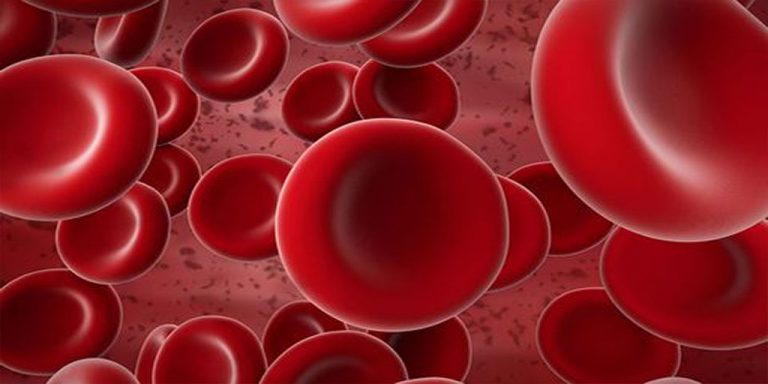
PERIOD BLOT CLOTS HOW TO
Read about how to prepare for your GP appointment here. If you have excessive clotting or clots larger than a 10p piece, you should contact your GP to rule out any conditions that might be causing an abnormal period. Heavy periods are a recognised medical condition for which there are treatments. This can be a normal part of every cycle, so it’s natural if you see clotting when you. This means the blood is flowing quickly and doesn't have time to darken. Your period may start or end with bright red blood clots, too. Dark red or blackish clots may appear during the first few days of your period when the flow is heaviest. Blood clots happen when tissue from your uterus sheds less blood than normal. The color of period blood clots can vary. Some clotting during your period is expected, so you don’t need to worry. Most women experience clotting during their periods at some time, but if you always have clots in your menstrual blood and/or these are larger than a 10p coin or a bottle top, you may be suffering from heavy periods (menorrhagia) Center for Disease Control. Purple period blood may also come with clots, which can seem scary if you’ve never experienced them. I visited nearby gynaecologist and also went through some tests as advised.

Your body typically releases anti-coagulants to stop your period blood clotting as it’s being released, but when your period is heavy and blood is being rapidly expelled, there’s not enough time for these to work, so clots will form. My period lasts for 1 months with big blood clots. passing lumps of blood (or clots) that are larger than a 50 cent coin bleeding so much that you have to change your pad/ tampon every hour having to get up. During your period, the thickened lining is shed before a new cycle can begin – your period. Pain that starts a few days before the period, worsens during the period, and lasts two to. Notice how often you change your pad or tampon.


Smaller blood clots are normal, and you don't need to worry about them. 1 Blood clots will look like regular menstrual blood, except they will be more solid, almost jelly-like. Before you have your period, the lining of your uterus (womb) known as the endometrium becomes thicker in preparation for a fertilised egg to embed itself. Menstrual flow with blood clots larger than a quarter. Check your pad, tampon, and the toilet for blood clots.


 0 kommentar(er)
0 kommentar(er)
